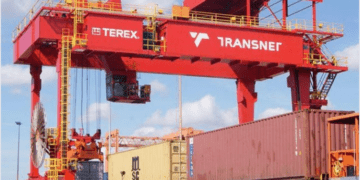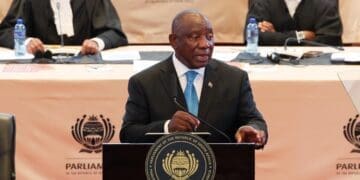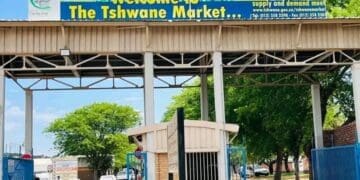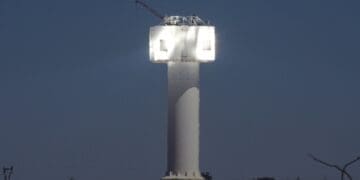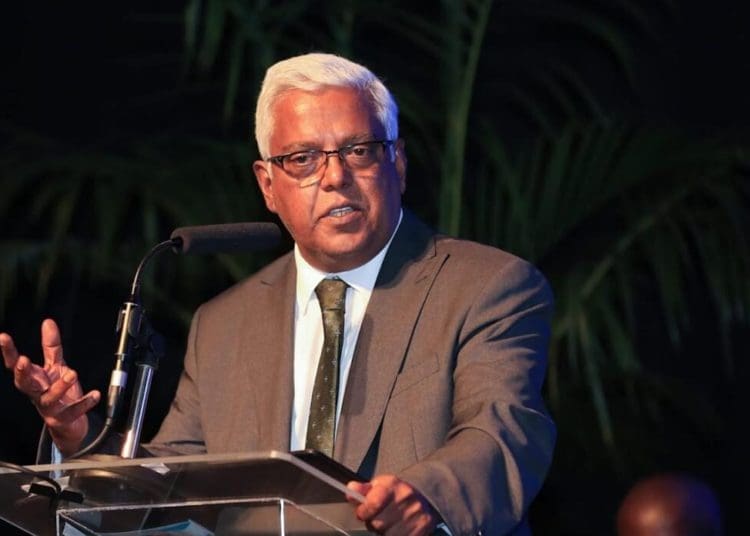Thousands of additional jobs can be created by tapping into the manufacturing of halal products for Muslim and non-Muslim markets, according to KwaZulu-Natal’s Economic Development, Tourism and Environmental Affairs MEC Ravi Pillay. He told the Trade and Investment Indaba, which was held in eThekwini this week in collaboration with United World Halal Development, that the metro was best positioned to meet the growing demands of this market, and revealed that the sector had already created more than 12,000 jobs in the space of three years.
The global halal industry has grown to around $6.3 trillion, with a huge demand in South Africa. “The Department of Economic Development, Tourism, and Environmental Affairs are already in talks with various international and South African-based companies to explore ways of utilising infrastructure to meet the growing demand of the halal market,” Pillay said. “The competitive advantage driven by the sheer scale of the city’s infrastructure provides a competitive advantage and positions it as the best area for manufacturing halal products.”
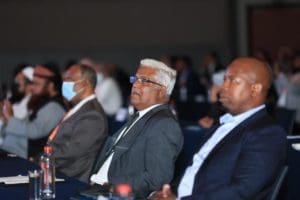
Pillay further encouraged South African manufacturers not to limit their participation in the market by thinking that they must be followers of Islam. “South Africa has the capabilities to make and complete any product requirements by the halal market,” he noted. “This, however, cannot be done in isolation, and requires strong partnership to be able to effectively deliver on key requirements.”
Claude Moodley, the Executive Manager of Export Development and Promotion at Trade and Investment KZN (TIKZN), highlighted the fact that the African Continental Free Trade Agreement was a key catalyst for growth in the region. Therefore, relationships would need to be forged and strengthened with key signatories to the agreement placing themselves competitively in the market.
He was speaking on the second day of the Investment Indaba, which also fell on World Halal Day. “There are numerous benefits to be accrued from increasing intra-Africa trade, one of them being the growth to the economy and jobs created through strengthening relationships, a key driver to poverty reduction,” he said. “Also, when African countries trade with one another, they exchange more manufactured and processed goods, have more knowledge transfer and create more value.”
Wali Kashvi, a director at the India Economic Trade Organisation, said that the sector offered possibilities and opportunities for the youth and SMEs to trade. “The African market is one of the biggest trade partners for the Indian market, and entrepreneurs need to look at the whole value chain and supporting industries for exploring the halal trade,” Kashvi said.
Solly Suleman, a pharmacist and the president of the Minara Chamber of Commerce, encouraged South Africa to explore how it could participate in the halal pharmaceutical market. “Halal-based pharmaceuticals represent 20% of the global pharmaceutical market, which results in great opportunities for companies wanting to enter this market using pharmaceuticals and cosmetic products as a good starting point,” he said.
“Halal-certified pharmaceutical products contain clean ingredients. The requirement is that all ingredients used must be traceable and must not contain animal products or alcohol. “Although this is based on halal processes, non-Muslims can benefit from manufacturing pharmaceuticals because of strict halal principles,” he also said. The department says that by growing its participation in the market, more than 10,000 jobs can be created over the next three years.

